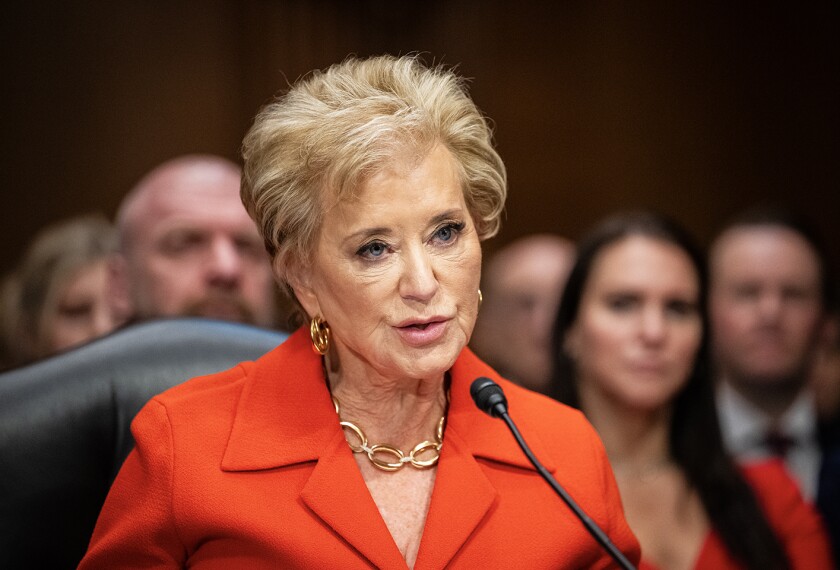Education made a brief appearance at the vice presidential nominees’ debate last week, during an evening that focused heavily on foreign policy and Medicare.
Vice President Joe Biden attacked his Republican rival, U.S. Rep. Paul Ryan of Wisconsin, for cuts in Mr. Ryan’s proposed federal budget plan that Mr. Biden said would kick 200,000 children out of the Head Start early-childhood program.
The vice president also said at one point that the Ryan plan would cut $450 billion from education, but it seems likely that Mr. Biden meant to say about $4.5 billion—the figure cited in a White House analysis of the cuts. He also criticized Mr. Ryan for proposing to cut a college-tuition tax credit.
Beyond that brief exchange, education barely registered in the nationally televised 90-minute debate, held Oct. 11 at Centre College in Danville, Ky., and the only one planned between the vice-presidential contenders.
Mr. Biden’s line of criticism was not a new one for President Barack Obama’s re-election campaign. From the moment GOP nominee Mitt Romney chose Mr. Ryan, the chairman of the House Budget Committee, as his running mate, the Obama team has attacked the congressman’s budget blueprint for what it says could be major cuts to education programs, including Head Start and Title I grants for disadvantaged students.
The Ryan plan, which was passed by the Republican-controlled House but died in the Democratic-controlled Senate, has been the target of a series of campaign commercials, and U.S. Secretary of Education Arne Duncan recirculated his March testimony on the plan just hours before the Biden-Ryan face-off. But Republicans are quick to point out that the blueprint doesn’t specify cuts to education programs. It would cut domestic discretionary spending, the broad category that includes K-12 aid, but it’s impossible to say just what the cuts to elementary and secondary education would be.
And in the first presidential debate, held Oct. 3, Mr. Romney said he would not cut education funding, although his campaign didn’t elaborate on what he meant by that promise. (“Romney’s Pledge to Not Cut Ed. Aid Short on Specifics,” Oct 10, 2012.)
Clash Over Stimulus
For his part, Mr. Ryan in the debate slammed the American Recovery and Reinvestment Act, which included $100 billion for education. He said that 2009 measure, the centerpiece of the Obama administration’s stimulus efforts, had failed to revive the economy.
“Was it a good idea to borrow all this money from countries like China and spend it on all these various different interest groups?” Mr. Ryan said.
But Mr. Biden chided him for asking for a piece of the $831 billion in stimulus aid to finance energy projects in Mr. Ryan’s own congressional district—and vehemently defended the stimulus plan.
“It was a good idea. Moody’s and others said that this was exactly what we needed to stop this [economy] from going off the cliff,” Mr. Biden said, referring to the credit-rating and financial-analysis company. “It set the conditions to be able to grow again.”






